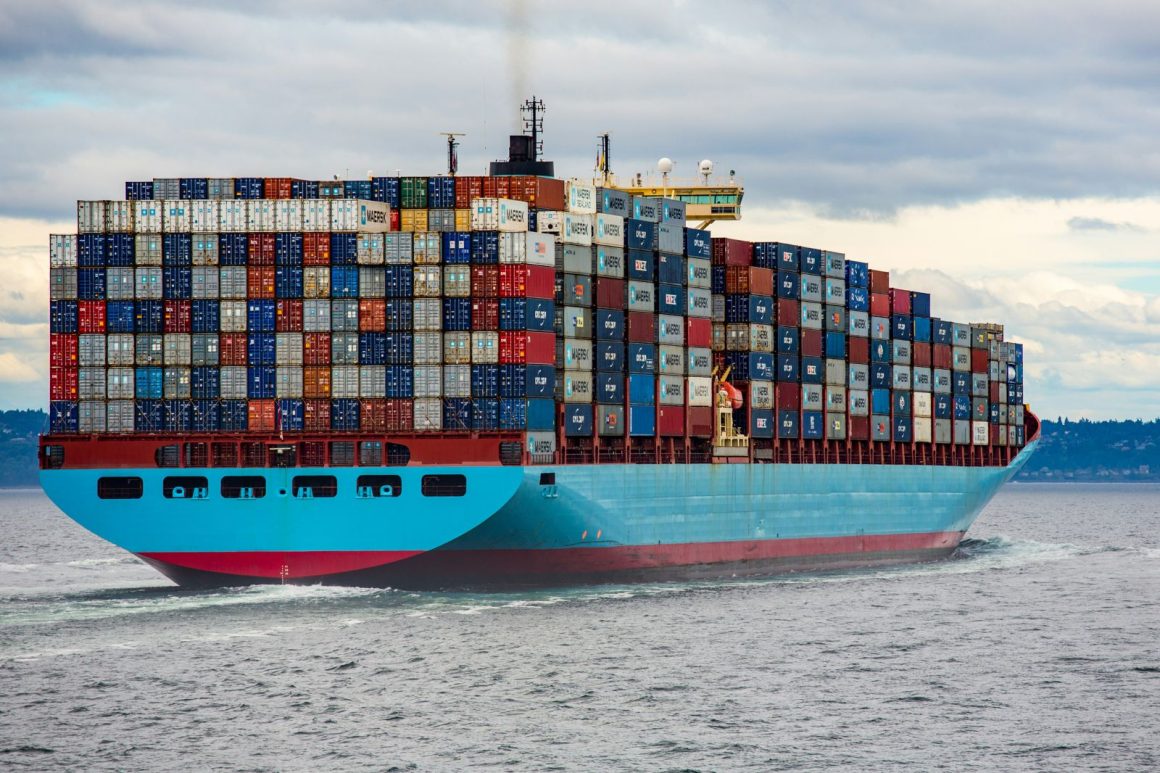The WTO’s decline and Its limits
The global trading system, as we know it, has lost its central referee. On April 2, 2025, the United States announced sweeping new reciprocal tariffs on imports ranging from steel to semiconductors, with duties reaching as high as 50% on some goods. The move was met with predictable disappointment by the countries concerned and quiet resignation at the World Trade Organisation’s headquarters in Geneva. For many observers, these tariffs marked the symbolic end of whatever remained of the WTO’s golden era: a period when globally enforced trade rules were mostly respected. To elucidate, the WTO’s paralysis started in 2019 when the United States blocked its Appellate Body, thereby undermining its authority. Despite this, until now, core trade rules and the broader system still held sway; the latest US action, however, signals the collapse of even this residual order. The institution that once enforced global rules through binding arbitration now finds its appellate bench empty, its authority weakened, and its future uncertain.
Trade disputes have become increasingly unresolved or settled through ad hoc deals in the absence of a functioning enforcement arm. In theory, this vacuum should accelerate a slide into unilateralism: each country is free to bend the rules as it sees fit. In practice, something more complex is happening rules are fragmenting, not disappearing.
Calls to “restore” the WTO to its 1995 architecture are as idealistic as reviving the Doha Round. The Doha Round, launched in 2001, was the WTO’s most ambitious bid to update trade rules for a changing world. However, it ultimately stalled amid deep divisions between developed and developing countries over issues like agricultural subsidies and market access. Today, it’s widely considered a non-starter, with no political momentum for revival. Similarly, proposals to return to the WTO’s founding structure ignore the realities of today’s fragmented, multipolar order where consensus on trade rules is elusive. As Harold James argues, nostalgia-driven policy rarely survives contact with current geopolitical realities.
Just as interwar Europe’s longing for pre-1914 trade norms ignored the rise of protectionism, clinging to a universalist WTO model ignores today’s multipolar politics. The truth is that the consensus needed for universal rules no longer exists. Waiting for it to re-emerge will only deepen the vacuum.
The Rise of Minilateralism
Instead of clinging to an eroding multilateralism, states are building smaller, targeted frameworks that preserve core rules while bypassing institutional deadlock. This “open plurilateralism”, as Michael Froman calls it, allows coalitions of the willing to set high standards on specific issues, then expand membership over time. Unlike preferential trade deals of the past, these arrangements are modular: a country can join the supply-chain pillar without committing to every element.
Concrete examples are already operational:
- The Comprehensive and Progressive Agreement for Trans-Pacific Partnership (CPTPP) continues to enforce strict labour and environmental standards, with new members like the UK joining despite WTO stagnation.
- The Indo-Pacific Economic Framework for Prosperity (IPEF) has launched dedicated “supply chain” and “clean economy” pillars, pooling data and investment to secure critical minerals and green technologies.
- The Quad’s Critical and Emerging Technology Working Group is harmonising export controls and technical standards across four major economies.
Sceptics argue that without a single global court, rules will be ignored. However, this argument has one big loophole: market access itself can be a powerful enforcement tool. To clarify, a company that fails to meet CPTPP’s labour clauses risks being excluded from member markets. Similarly, a state that violates IPEF supply chain transparency rules may see investment dry up. These reputational and economic penalties, while less formal than WTO rulings, are proving effective in maintaining compliance.
At the same time, without a universal referee, the largest markets (especially the United States and the European Union) gain disproportionate power to set terms. Smaller economies often lack the leverage to resist and may discover themselves compelled to adjust domestic policies merely to maintain access. In this sense, the bazaar of rules creates opportunities for innovation but, more importantly, entrenches hierarchies where the strong dictate the standards to the weak.
Nonetheless, for middle powers willing to coordinate among themselves, this networked approach offers leverage. ASEAN members, for instance, can join multiple minilateral deals as a group to maximise their bargaining power. And for smaller economies, aligning with high-standard coalitions can secure privileged market access that offsets their limited unilateral clout.
Parallels and risks
The shift mirrors trends in strategic stability. As Sam Winter-Levy and Nikita Lalwani note, nuclear deterrence has endured technological shocks ranging from AI-enabled targeting to hypersonic missiles because the incentives for mutual restraint remain. In trade, the equivalent is predictability: exporters and importers alike require stable, rule-bound channels, even if there is no longer a referee that sits in Geneva.
The centralised, universalist model of the WTO was a model of grandeur, coherence, and gradual change. The emerging market now resembles a bazaar: intricate webs of overlapping transactions, each with its incentives, regulations, and gatekeepers. This bazaar is messier, less efficient, and at times exclusionary. But it still operates on rules, just not the old universal ones.
The risk is clear: divergent coalitions may set incompatible standards on data privacy, carbon tariffs, or subsidies. But the alternative (a return to pure power politics) would impose costs few economies can bear. The future has to be orderly, not chaotic, as chaos is bad for business.
Conclusion: The game without the referee
April 2, 2025, was the day President Trump declared “Liberation Day” as he unveiled sweeping reciprocal tariffs. Some may remember it as the moment the WTO’s authority was finally buried. But the rules-based order will survive not in marble halls in Geneva, but in overlapping networks of agreements, standards, and coalitions.
The game will go on without the referee, and everyone will benefit, even if some bullies try to monopolise it.


